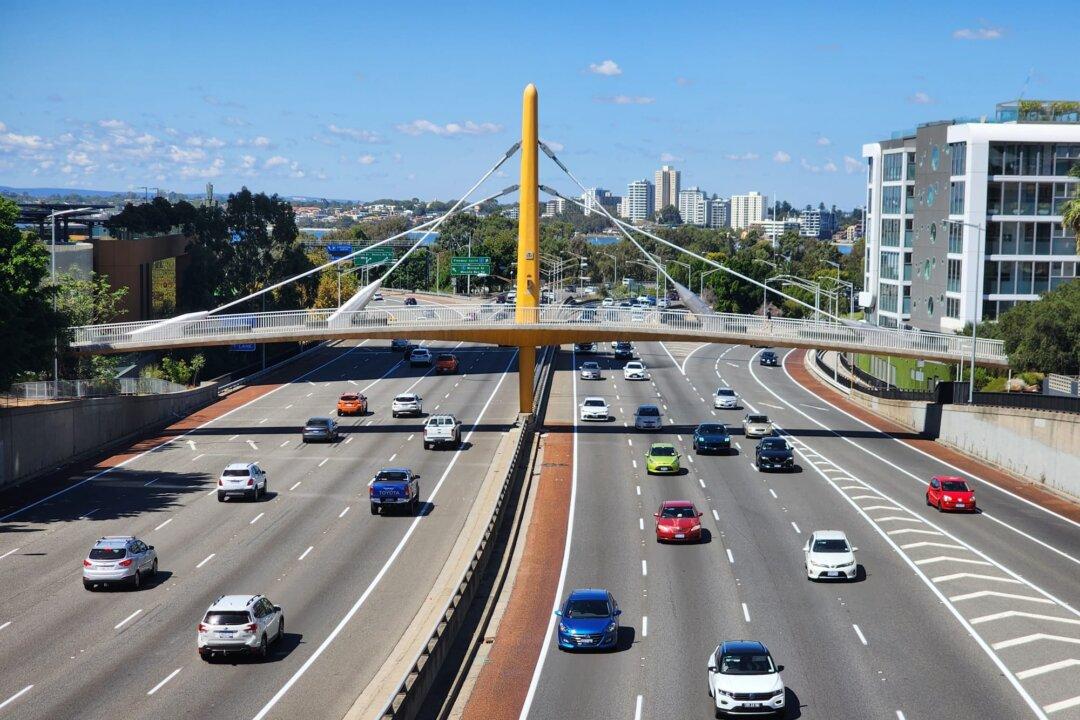The introduction of the Albanese government’s New Vehicle Efficiency Standard (NVES) is expected to bring about significant changes to Australia’s automotive industry. According to recent polling, around 80% of Australians are struggling with high and increasing petrol prices, while 70% have called for the government to intervene on the issue of pollution from cars. Climate Council CEO Amanda McKenzie has expressed optimism over the new legislation, claiming it will help address both concerns by encouraging car manufacturers to develop more fuel-efficient vehicles.
Under the terms of the NVES, emission targets have been set for light commercial vehicles, with a target of 210 grams of carbon dioxide per kilometre by 2025 and 110 grams by 2029. These measures are expected to reduce fuel consumption by 20% and save consumers up to $17,000 in fuel costs over the lifetime of their vehicle.
Australia is one of only two advanced economies not currently implementing any fuel efficiency standards, alongside Russia. The Climate Council has long called for policy reforms to tackle the problem of increasing petrol prices and pollution levels. Over recent months, the Albanese government has consulted with stakeholders in order to refine the NVES legislation, making adjustments such as recategorising four-wheel drives and altering emissions standards.
As part of its commitment to supporting the transition to more environmentally friendly vehicles, the Australian government is also set to provide dealerships with a $60 million grant under the Driving the Nation fund. However, Climate Council Head of Policy and Advocacy Jennifer Rayner has called for additional measures to be implemented in order to better achieve national emission reduction targets, suggesting that promoting shared and active transport could play an important role.
Electric Vehicle Council Behyad Jafari has commended the introduction of the NVES legislation, claiming it will help position Australia as a major player within the global automotive industry. However, AADA CEO James Voortman has expressed concerns that the standard’s ambitious targets may not be achievable for certain types of vehicles, particularly utes and large SUVs.
The NVES legislation is due to take effect from January 1st next year and will bring Australia in line with other major markets, such as the United States, in terms of emissions reduction standards by 2028. Despite concerns about its impact on vehicle prices, Tesla and Polestar have both withdrawn their memberships from the Federal Chamber of Automotive Industries over the perceived false claims that the introduction of the standard would lead to price increases.

